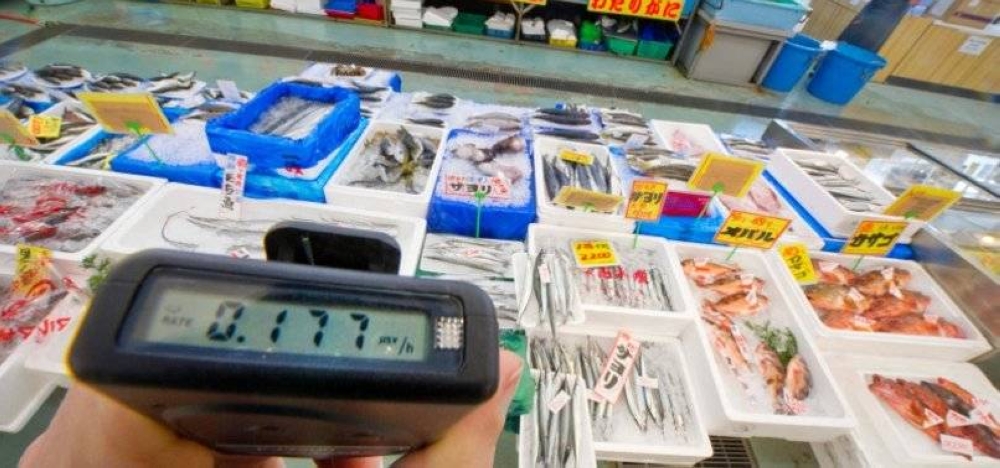Hong Kong will ban "aquatic products" from 10 Japanese prefectures, a government minister said Tuesday, after city leader John Lee condemned Tokyo's plans to release water from the stricken Fukushima nuclear plant into the ocean.
Japan has said the gradual release into the sea of more than 500 Olympic swimming pools' worth of water -- 12 years after the Fukushima disaster -- is safe, a view backed by the UN atomic agency.
But the decision has incited massive pushback from neighbouring South Korea and China, as well as finance hub Hong Kong -- the second-largest receiver of food products from Japan after mainland China.
"The (Hong Kong) government will ban the imports of all aquatic products from 10 prefectures of Japan from the 24th of August," Tse Chin-wan, Hong Kong's Secretary for Environment and Ecology, said during a press conference.
The products include "all live, frozen, chilled, dried or otherwise preserved aquatic products, sea salt and raw or processed seaweeds".
Tse also said there was no timeline for how long the ban would be in place, as it would depend on "how well the Japanese government's supervising system works".
Japanese food is extremely popular in Hong Kong, home to groceries specialising in imported seafood products as well as upscale omakase restaurants.
Tuesday's decision came the same day the Japanese government announced it would start discharging the water, with city leader John Lee taking Tokyo to task for deciding "on its own".
"It disregards the risks to food safety and the irreversible pollution and damage to the ocean ecology, and is an irresponsible way of pushing one's problems onto others," Lee said in a Facebook post earlier on Tuesday.
"I express my strong objections," he added, calling on relevant agencies to "immediately activate" import control measures.
The 10 prefectures named were Tokyo, Fukushima, Chiba, Tochigi, Ibaraki, Gunma, Miyagi, Niigata, Nagano and Saitama.
Last month, China's General Administration of Customs threatened a blanket ban on all foodstuffs from the same 10 prefectures.
Chinese foreign ministry spokesperson Wang Wenbin renewed Beijing's objections on Tuesday, saying it would take "necessary measures to safeguard the marine environment, food safety and public health".
In releasing the water, Wang said, Japan "is openly... putting its own self-interest over the long-term well-being of all humankind".
Japan's diplomatic representatives in Hong Kong have opposed the import curbs and have met with Lee and senior government officials in recent weeks.

